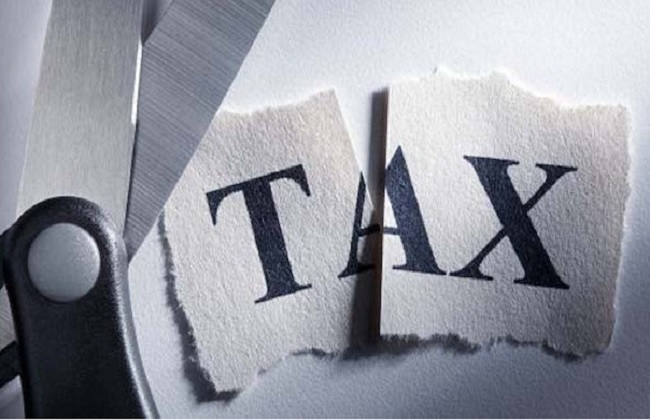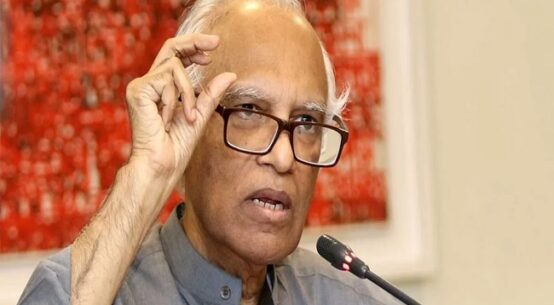
In a strategic push to revamp its tax policy and administration, the Bangladesh government has outlined plans for significant reforms aimed at making the system more effective and taxpayer-friendly in the medium term (2023-24 to 2025-26). According to the Medium Term Macroeconomic Policy Statement (2023-24 to 2025-26) by the Finance Division of the Ministry of Finance, these changes are integral to achieving the nation’s development objectives.
The government acknowledges the urgent need to generate ample revenue to support Bangladesh’s development ambitions. “Several initiatives are underway to make tax administration taxpayer-friendly and transparent by expanding the scope of digitalization and automation in tax registration, return submission, and tax payment,” the policy statement highlights.
A critical area of focus is the scrutiny and rationalization of existing tax exemptions. The statement underscores the government’s intention to align tax collection practices with the needs of local industries and to ensure fiscal preparedness for unforeseen global challenges, drawing lessons from recent global events.
Moreover, the pursuit of revenue growth extends beyond tax reforms to tapping into non-tax revenue (NTR) sources. The expansion of public services and the notable rise in household incomes over the past decade present new opportunities for revenue mobilization, the statement elaborates. Initiatives such as the introduction of a digital payment system aim to facilitate easier access to public services, thereby enhancing NTR collection.
Efforts to improve dividends and profits from state-owned enterprises through efficiency and profitability measures are also in motion. With an ambitious revenue target of Tk 5872 billion and Tk 7097 billion for the fiscal years 2024-25 and 2025-26, respectively, the government is keen on leveraging digital advancements to simplify tax payments.
Despite Bangladesh’s remarkable economic growth, the pace of revenue mobilization has not matched, underscoring the need for a more robust revenue framework to support the country’s long-term development goals. Bangladesh aspires to transition to a higher middle-income status by 2031 and achieve developed country status by 2041, with the ‘Perspective Plan of Bangladesh 2021-2041’ targets to elevate the revenue-GDP ratio to 19.55 percent by 2031 and 24 percent by 2041.
The statement said that a large share of the revenue comes from the direct (income tax) and indirect taxes (VAT and customs) collected by the National Board of Revenue (NBR).
Non-NBR taxes and non-tax revenue (NTR) constitute smaller parts.
Although there has been some progress over the years to be less reliant on trade taxes and the share of direct taxes has increased to some extent, there is still ample room to improve.
Addressing the reasons behind low revenue collection, including economic informality, structural inefficiencies, and cultural attitudes towards taxation, is seen as vital. The government, in collaboration with the private sector, is focused on simplifying tax compliance, increasing transparency through digitalization, and adopting progressive taxation principles.
Success in revenue collection will be strengthened by making the tax administration easy to approach, increasing digitalization to bring in transparency and predictability and bringing in progressive taxation where the affluent pay a higher part of the taxes, the Medium Term Macroeconomic Policy Statement (2023-24 to 2025-26) of the Finance Division of the Finance Ministry said.

